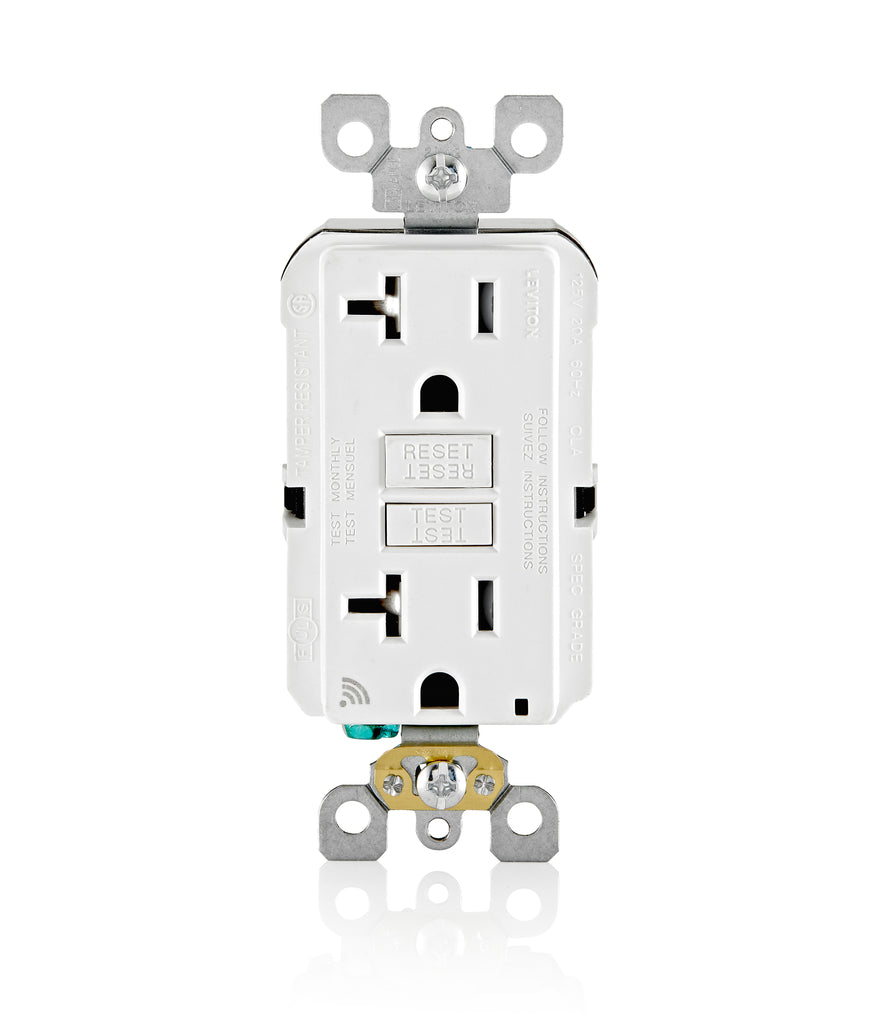Wonderful. But I'd want the "domain knowledge" company in charge of that. For example, the sump company knows what's appropriate for sumps, rather than hooking together systems from several vendors that may or may not play well. The Leviton may support remote reset, but won't support "retry again if the water level goes down" or whatever.
Thus the NEC ask would be try to ignore 625 and exempt from 210.8 any "listed" permanently installed equipment with integral ground continuity checking and a "listed" computerized residual current sensor.
-
I suppose a few other qualifications could go in. Most of the death records from HVAC and dishwashers were DIY self repair persons. So maybe that could grow a requirement for case shutoff switches or security screws. But then again fools have proven over and over to be ingenious

. I suspect many equipment vendors would just accept the upstream GFCI rather than have the liability of an integral RCD, but others would prefer to have control.



